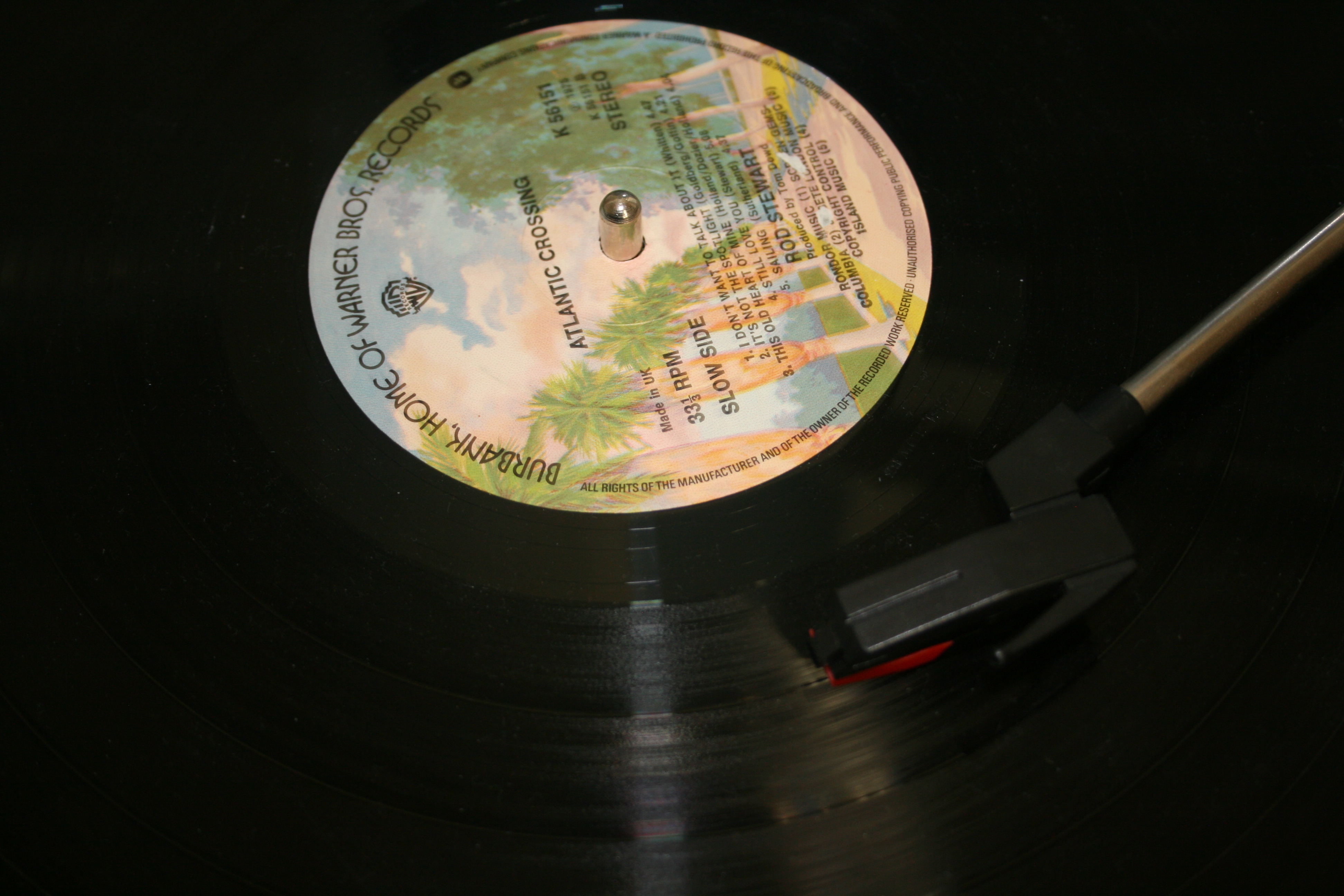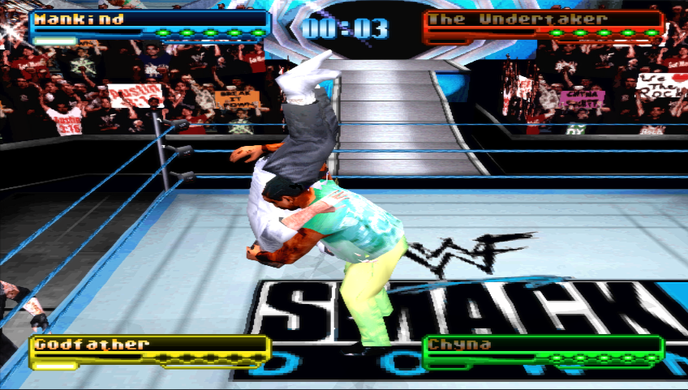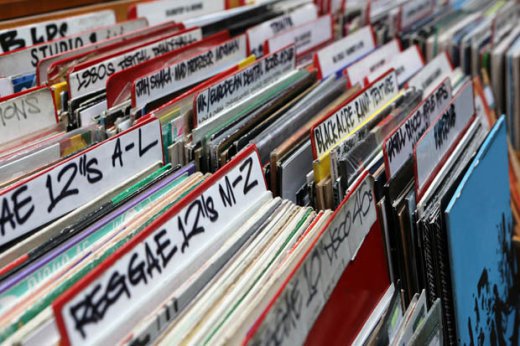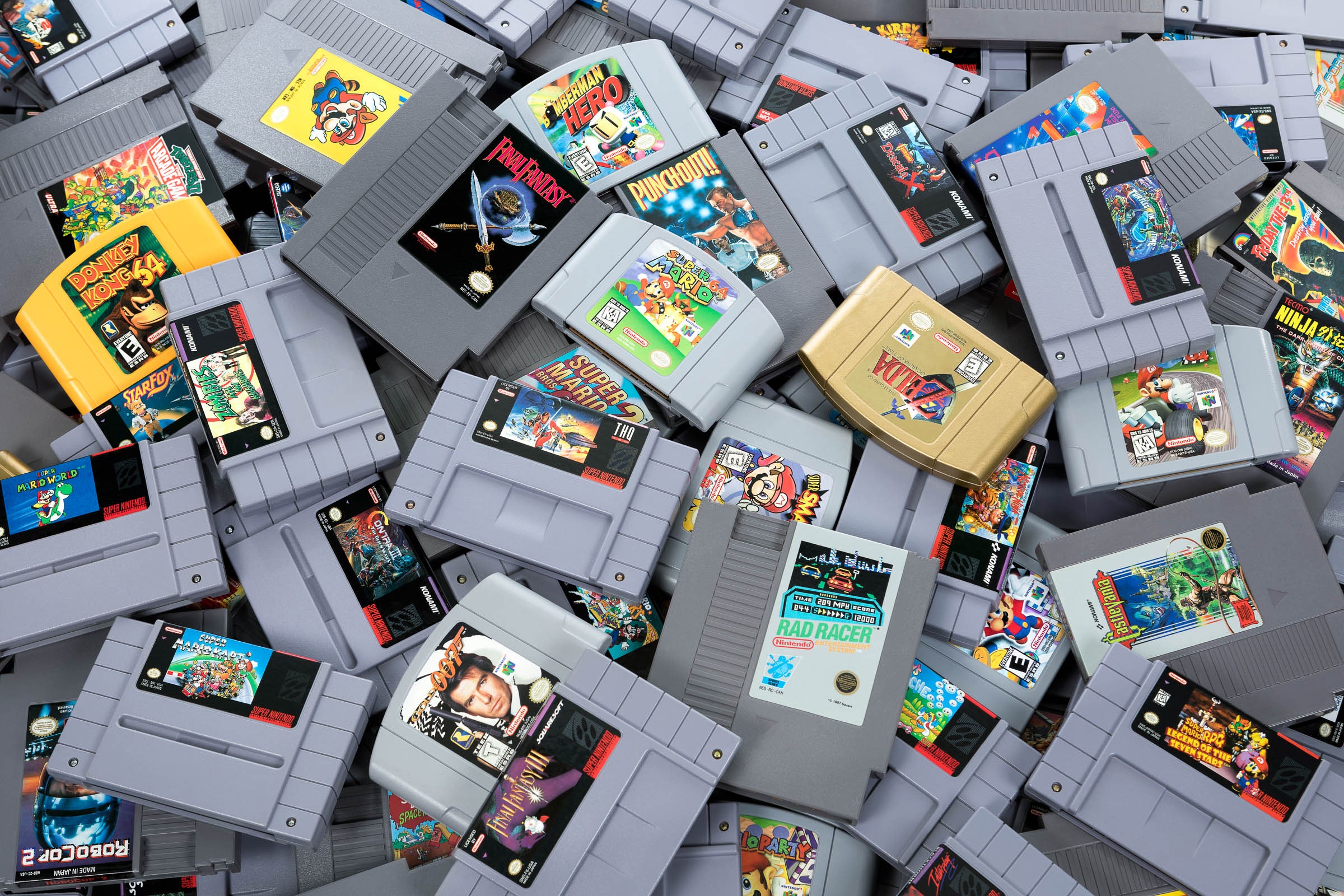“I definitely believe the next decade is going to be streaming plus vinyl – streaming in the car and kitchen, vinyl in the living room and the den. Those will be the two formats. And I feel really good about that.” Jack White, Rolling Stone
There’s been a lot of talk in the last few weeks about the death of music. 2019 is barely five days old and already I’m reading how it will be the last year in which we expect to buy physical formats on a large scale as consumers. Of course, it’s early January, so there’s no doubt an endless amount of copy that has to be written and the statistics published commemorating the achievements of the last year always seem like a good place to start.
According to the BPI, or British Phonographic Industry, 2018 has seen a decline of 23% in CD sales compared to the twelve months previous. Year on year this equates to a drop of 9.6 million but comparing figures from ten years ago, there’s been 100 million fewer CDs sold.
That in itself is easily explained. Changing consumer habits, including streaming services, have meant that we’re now far more likely to purchase digital downloads or a subscription than a physical product. Less cars feature CD players, of course, and much like its predecessor the cassette it’s simply not cost effective to produce them on such scale. Shrinking shelf space in supermarkets doesn’t help, of course, but HMV’s recent woes would suggest we seem less interested in actually owning our own music.
Last night I spoke with a friend and commented that, aged 17, it would have been abhorrent for me to think of being a fan of a band and not owning the majority of their albums at that time. Singles, EPs, Albums, live releases, you name it – I would have wanted it – and yet nowadays the proverbial snowflakes of the generation are probably uninterested in purchasing and acquiring such physical content. Almost 17 years later it seems that my way of expressing interest in a band is simply not the same and this change can easily be seen.
According to the BPI, however, there is hope in some areas. Vinyl sales have grown just 1.6%; and although this is not an astronomical rise, it is a rise nonetheless – with 4.2 million records sold. That in itself is a rise upon previous years sales and means sales have yet to stagnate or even decline. Considering this format was originally abandoned due to its ‘impracticality’ I would still equate this to ‘new’ Vinyl being a successful format.
A younger music fan I met recently in HMV was heard to remark to her friends that she wanted to own only Vinyl albums, with the artwork and design being the main reason for doing so. From a practical point of view, they also make excellent mementos, should you be lucky enough to get them signed or obtain a limited ‘colour’ edition upon release. Some record labels, such as Germany’s Nuclear Blast, will regularly release the same album in several variants from popular artists – and it’s not uncommon for hard-core fans to want to purchase every single one. I mean, somebody has to be buying them, right?
It’s certainly true to say that we’re becoming more consumer conscious, watching everything from our weight to our spending habits, and choosing things a lot more carefully than the generation before. Even so called ‘luxury’ items or disposable income simply isn’t as clear cut as it once was. Ed Sheeran’s album ‘Divide’ definitely divided fans, with 59% purchasing the album digitally and yet 40% purchasing the album physically; making it one of the UK’s biggest selling albums of 2018. The biggest, perhaps unsurprisingly, is the soundtrack to ‘The Greatest Showman’.
The film stars Hugh Jackman as PT Barnhum, an American showman, businessman and politician who perhaps equates more to Donald Trump and Vince McMahon today as he does to the actor who plays him. Sales of this film – whose soundtrack remained atop the UK Album Charts for 23 uninterrupted weeks – led to record breaking sales. Christmas week alone, it’s 22nd week, the soundtrack sold 57,000 copies alone with 48.7% Digital and 51.3% physical confirmed sales across 2018 in the UK. This soundtrack hasn’t left the Top 5 of UK Album Charts all year and is just one reason why Hugh Jackman is one of Hollywood’s hottest properties.
The picture is the same in America, where CD sales have fallen 80% in the last decade, from roughly 450 million to 89 million. “Lots of us have changed the way we consume music and film, and more people are streaming from Netflix or Spotify,” Kim Bayley of the Entertainment Retailers Association recently told BBC Radio 5 Live.
“But I think we should remember that [physical music] is almost a £2bn business. Even HMV has sales still of a quarter of a billion pounds, so that’s not a small business.” Others see it differently;
“I don’t buy it that physical music is necessarily competing with streams. We all access music and film on the internet, and that’s fine and healthy and valid, but you wouldn’t look at the Mona Lisa on your phone and think it’s the same thing as going to see it in a gallery.”
“The reason vinyl sales are at a 25-year high is because people are rejecting this part of modern society where everything is immediate and nothing means anything.”
Jon Tolley there quoted from a BBC article, who runs the independent record shop Banquet Records in London, arguing that perhaps Vinyl is a way for consumers to rebel against a disposable society. A novel concept, if not somewhat expensive.
Perhaps the most surprising statistic, however, is Vinyl’s effect on sales in 2018. Of course, we all know Vinyl has made an impact, but the artists who make the biggest sales – Nirvana, Queen, Fleetwood Mac, Pink Floyd, Oasis, David Bowie and Amy Whinehouse are either well past their critical peak or long since departed. These are artists who are appreciated for their sound, their legacy, and whom many fans (young and old) can collectively appreciate as not just a flash in the pan. Which would seem to support the idea of a “rebel rebel” philosophy.
On the other hand, cynicism might lead one to suspect it’s because Vinyl is only released in such large quantities through albums that can be assuredly guaranteed sales, with Nirvana’s ‘Smells Like Teen Spirit’ at my local Tesco for a tenner and Michael Jackson’s ‘Bad’ not far behind it. Vinyl is, by a large margin, an expensive format – so selling classic albums for cheaper is bound to encourage those looking to build their collection for an affordable additional purchase.
But Vinyl’s strength is not just limited to a private collector and his secret stash.
I attended a Vinyl night in 2017 that has gone from strength to strength ever since in Newcastle, England. Hosted at the Tyneside Cinema, Drayton’s Record Player invites fans to enter a darkened room and listen to a Vinyl album uninterrupted (except briefly pausing to change sides, of course) – paying for the privilege. It’s an interesting concept, though not unheard of to physically pay money to do something you could do for free, simply to feel committed to take the time needed to achieve the act in the first place. Yet at this point I’m willing to admit Vinyl is nothing if not surprising, revisiting 2018’s highest selling albums in the UK on the format, with The Greatest Showman’s Cast Recording easily the youngest and second placed record on the list. Doubtful that I am Drayton would play it.
Of course, streaming services have yet to eradicate the reflex nature, or whatever phenomenon it is that prevents Now That’s What I Call Music records from dominating sales across the country. Volumes 99, 100 and 101 make up a large part of the biggest albums sold in the UK in 2018 and other entries (like the Greatest Showman) are Cast Recordings from musicals and motion pictures that have dominated cinema attendance.
Nostalgia serves a huge part in our consumer habits, as does affordability and ease of access, so there are many reasons to see why these albums prevent such an attractive purchase. Whatever people’s reasons for purchasing them, it’s unlikely that our obsession with Vinyl is likely to go away, especially as CD now ironically becomes the obsolete format.
Now where did I put that Mini Disc…






Recent Comments: